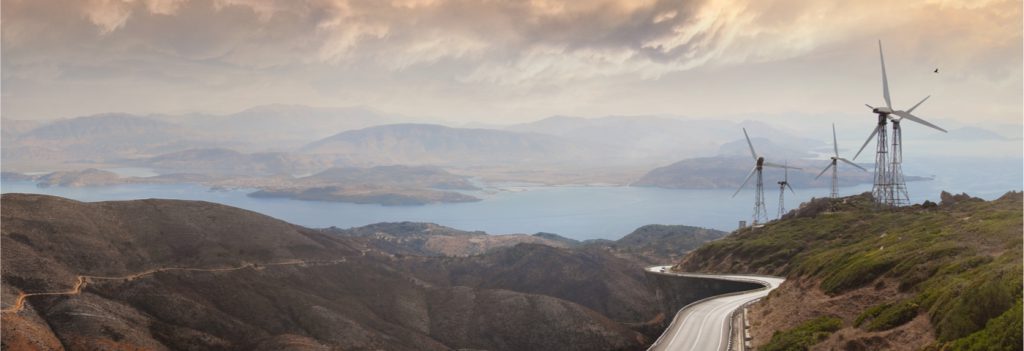Is it too early to draw lessons from a pandemic that has not even reached its peak? Crisis can be polarising. People respond to disorder and fear by shifting blame onto ‘the other’, whatever or whoever that ‘other’ might be. This distracts and delays us from focussing on the issues that matter, and further entrenches whatever prejudices are already there. It means we deal with the current crisis less effectively, and it weakens our ability to prepare for future emergencies and develop sustainable tourism initiatives.
Seven weeks ago, I was one of the founder signatories to Tourism Declares a Climate Emergency. Three days earlier, China had reported the first death from coronavirus. By the end of January, the WHO had declared a Global Health Emergency. In the few weeks since then, countries and cities around the world have increasingly shifted into crisis mode. Declaring a Climate Emergency is not on most people’s minds today.
Quite rightly, the focus is on coronavirus. Every public bathroom has a poster stuck to the mirror telling me how to wash my hands. Governments are meeting, co-ordinating and announcing plans to mitigate the crisis and help companies and individuals adapt.
Coronavirus dominates the news, but one doesn’t have to look very far to see people making connections between the current emergency and the climate emergency.
At one end of the scale are those who use one to reject the other. One post I read this morning said: “#climateemergency #extinctionrebellion Do these jokers have any idea what a real emergency is?” At the other end are those who seem to celebrate the turmoil and the current emissions reductions caused in part by a temporary decline in air traffic and the collapse of at least one airline.
However much we need to cut emissions and redesign aviation and other energy intensive activities over the coming years, sudden collapse is never something to celebrate. For the urgent transition to a zero carbon world to stand a chance, it needs to be a ‘just transition’. We need to ensure that the shocks to the economy and society are minimised and do as much as possible to protect livelihoods, especially those of the most vulnerable, while pursuing sustainable tourism.
Celebrating collapse only reinforces our divisions and prejudices. People are more likely to see those calling for climate action as being against them. They are more likely to resist change. There is nothing to cheer in the loss of someone’s job. Families suffer. Communities turn on each other. If we genuinely believe that we can emerge stronger through addressing the climate crisis, creating a better, kinder world, then surely the only response to this crisis is concern and sadness for who and what people have lost.
The few lessons I think we can already take to the climate emergency are that we need to have a plan, we need to work together, and acting early saves lives.
As I wrote on this site last year, research from the CICERO Centre for International Climate Research proves that the earlier we decarbonise our economies, the less it will cost. If we start now then we will need to reduce global emissions at 5% a year. But if we wait another 10 years, it will be 9%. Had we started in 2000, it would have been just 2%.
A 2019 review by UNEP and the UNWTO of the sustainability content in 101 national tourism policies provides a snapshot of how unprepared our industry is. As Surrey University’s Professor Xavier Font wrote at the time: “Although all tourism policies mention sustainable tourism, only 55% go beyond making a cursory reference to it. Very few quote actual data about the sustainability of current resources, and only 2% make reference to policy instruments related to more than two of the SDG12 Sustainable Production and Consumption impact areas.”
Other observations support this picture. Of the 827 companies that have signed up to the UN Science Based Targets, only 23 are from the hospitality sector. Of those, only one has a plan that aligns to a 1.5 degree target.
For now, companies should focus on the present emergency. Everyone has to do what is necessary to protect global health while keeping people in jobs. But a bigger emergency waits in the wings. As soon as we are able, we need to come together and plan for that.
You may also be interested in…
- Reinventing hotels as the living labs of the future
- Climate change – flying is not the problem
- Does the COVID-19 emergency mean over-tourism is over?
